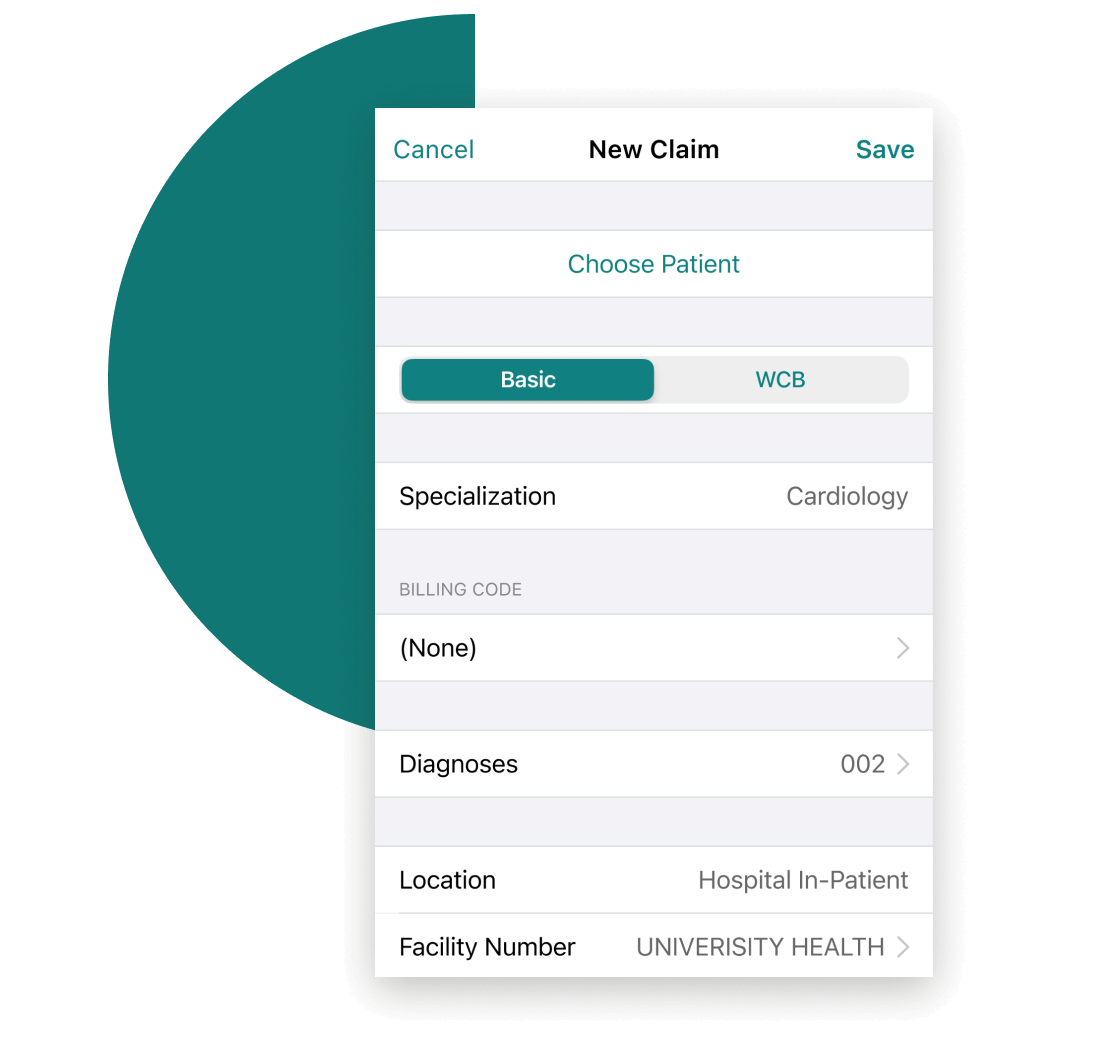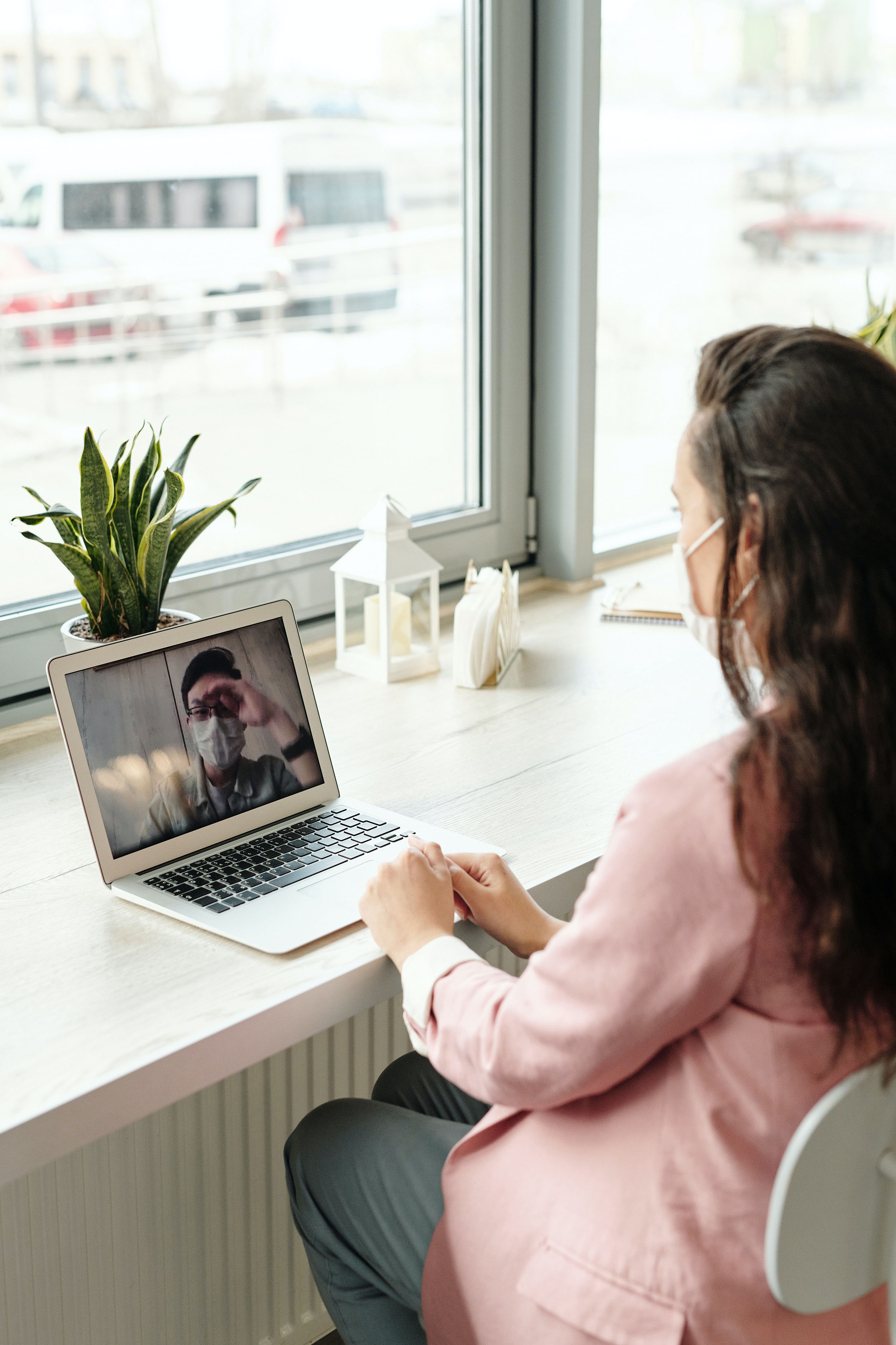Uncertain times can be stressful. But remember, like every storm, this too shall pass.
As more information about the novel coronavirus unfolds, it may trigger a wide range of thoughts, feelings, and emotions. With rising death tolls, fresh cases, crashing stock markets and the uncertainty in the voices of top officials, it’s no surprise if you’re worried and anxious about how this virus and circumstances could affect you and your loved ones.
Be Mindful About Taking Care Of Yourself
Our social media feeds and the news is filled with a lot of information about COVID-19. Some of it is true, some are speculations, and some are just rumors. A lot of this information is also only partly true owing to how rapidly things are changing.
Be mindful about where you get your information from. As a physician, it’s important to stay up-to-date so always refer to credible resources such as government websites or the World Health Organization to stay abreast of the latest facts about the illness and how to prevent it.
The right amount of knowledge and preparation can help ease the feelings of panic and anxiety. Use information from trusted resources to form a plan of action. This can go a long way in helping you relax and better cope with stress.
10 Ways To Manage Stress Due To COVID-19
Fear and anxiety about a global catastrophe can be staggering and can affect different people in different ways. A few ways stress and anxiety may affect you during these times:
-
Fear and worry about your own and your loved ones’ health
-
Difficulty in concentrating
-
Worsening of other health conditions
-
Changes in sleep or eating patterns
Coping with stress in a healthy way can make you and the people around you mentally stronger.
Everyone’s response to stress and panic is different. How you react can depend on a variety of factors such as your background, where you live, the people you’re surrounded with, etc.
Here are 10 ways you can manage stress due to COVID-19.
1. Limit your exposure to media
Fear normally arises when we overestimate the threat and underestimate our ability to deal with it. Watching news that constantly highlights the rise of the pandemic and lack of any treatment or vaccines further adds to our stress.
While it is important to stay informed and have a general idea of what’s happening around us, there is no need to entirely immerse yourself into it. Limit your exposure to the media and consume information only from reliable sources. Also, ensure that you regularly wash your hands and take all the precautions you normally would with any other similar illness.
2. Be intentional about your coping strategies
Intentionally go back to that calm place in your mind. Practice strategies that have worked for you in the past when you were stressed or anxious. This could involve listening to music, cooking, working out, talking to a friend, taking a nap, or watching your favorite movies. Do what helps you distract and ease your mind.
3. Take pride in your work
Yours is a noble cause, one that involves taking care of others. You may feel immense pressure due to the surge in demands and lack of adequate resources. Despite these challenging and uncertain times, take time to recognize what you do. Acknowledge your efforts and offer strength to your colleagues–you’re all in this together fighting the disease at the frontline.
4. Ask for help
Now, more than ever, is the time to turn towards each other for support. Avoid trying to do everything yourself and ask for help when needed. Ask your colleagues what they would do in a certain situation and get a different perspective when you can. This doesn’t always have to be professional; you can seek opinions on how to handle certain personal situations that are causing stress. With the general fear and panic in the air, it can get challenging to keep your calm at all times. Seeking help can make you realize that you’re not alone and can help in calming your mind.
5. Be compassionate towards self
While it is important to take care of all those around you, it’s equally important to be gentle with yourself. Fear and panic are physiological processes that keep showing up and make us miserable. They do subside with calming techniques only to return again. These difficult emotions will keep sprouting up for as long as you live. So, don’t beat yourself when you can’t shut down these feelings. It’s not easy battling these emotions but it shows that we’re human.
6. Have clear communication with your patients
Use simple language when communicating with patients. Look for ways to communicate that go beyond the written word. Let them know of all the steps that you’ll be taking to offer support to them. If you’re moving your consultations online, let them know how to get in touch with you. If you have staff or an MOA, train them to handle some of the basic problems so that it can reduce the load on your end while still offering good care to your patients.
7. Share information on how to handle stress with your patients
Emotional distress and panic are common during a crisis. Acknowledge the mental issues and help normalize them for your patients. Tell them of basic strategies that can help them keep track of their health. Also, share various ways on how to cope with stress when times get tough.
8. Consciously slow down
Stress depletes your energy, so you need to indulge in activities that energize and invigorate you. Things are evolving at a crazy speed. You can’t keep stretching yourself thin because that’s the recipe for burnout. Start your day on a calm note. Meditate for 10 minutes then spend some time visualizing and planning your day. Tasks you need to finish, people you need to connect to, chores to do, make a list and go through your day as normally as you can. Take breaks just to stop and breathe. Check-in with people regularly to know how they’re feeling a
nd share your feelings. Being empathetic and compassionate is known to ease stress and bring people together.
9. Prepare yourself for the tougher times
Anxiety either makes us overreact or under-react. One of the best things to do is understand the present situation and look at a week’s worth of data to understand if there are any patterns. See what medical services around the world are doing. Getting this information might not be easy but use your contacts to get whatever input you can. Talk to your colleagues and find ways to stay prepared and have some form of plan for certain situations. The more prepared you are, the more at ease you’ll be.
10. Stop and breathe
Stress, anxiety, panic, fear–they’re all known to cause a flight or fight response in our body. To go back to a calm place in your mind, you need to consciously slow yourself down. You need to stop and just focus on your breathing. The Canadian Armed forces, who are known to be exposed to some of the most stressful situations, use breathing techniques to control and manage their stress.
Breathing is an excellent way to distract your mind and bring your awareness to your body. It also helps in controlling nervousness and worry. Here’s how you can breathe to calm yourself down:
-
Inhale for a slow count of four
-
Pause your breath for a count of four
-
Exhale for a slow count of four
-
Repeat this process five to six times
Take precautions, practice mindfulness, and stay calm
Lately, it feels like we’re fighting an undefeatable enemy, one that keeps getting stronger by the day. Medical science functions on certainty and the most certain thing about COVID-19 is its uncertainty. Nobody knows for how long this fight will go on.
In such times, it’s a great idea to reconnect with our loved ones, even if it’s through text or a phone call. Managing stress and anxiety gets easier when we know that others are going through the same ordeal as us and we’re all in this together.
Take precautions, wash your hands regularly, and maintain hygiene to fight this virus. Being prepared can go a long way in reducing stress. Form a new routine, eat healthily, and keep checking-in yourself regularly to notice any behavioral changes.
And remember, your job is important, you’re helping countless patients who are also stressed, nervous and uncertain. Your own attitude goes a long way in creating a safe environment where patients feel comfortable and reassured. Just don’t forget to be a role model by taking care of yourself too.
This article offers general information only and is not intended as legal, financial or other professional advice. A professional advisor should be consulted regarding your specific situation. While information presented is believed to be factual and current, its accuracy is not guaranteed and it should not be regarded as a complete analysis of the subjects discussed. All expressions of opinion reflect the judgment of the author(s) as of the date of publication and are subject to change. No endorsement of any third parties or their advice, opinions, information, products or services is expressly given or implied by RBC Ventures Inc. or its affiliates.

Solutions Designed For The Unique Needs Of Your Practice
Get a $150 Credit when you sign up for Dr.Bill*. No credit card required.






